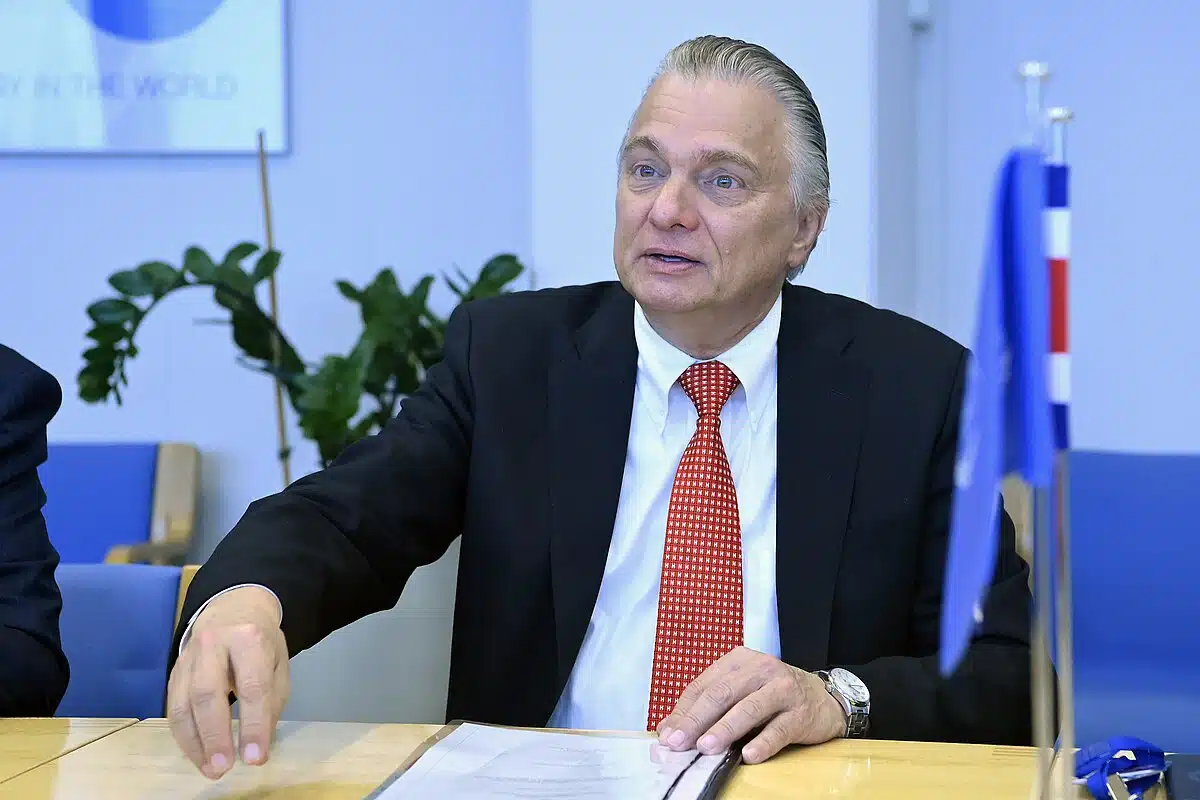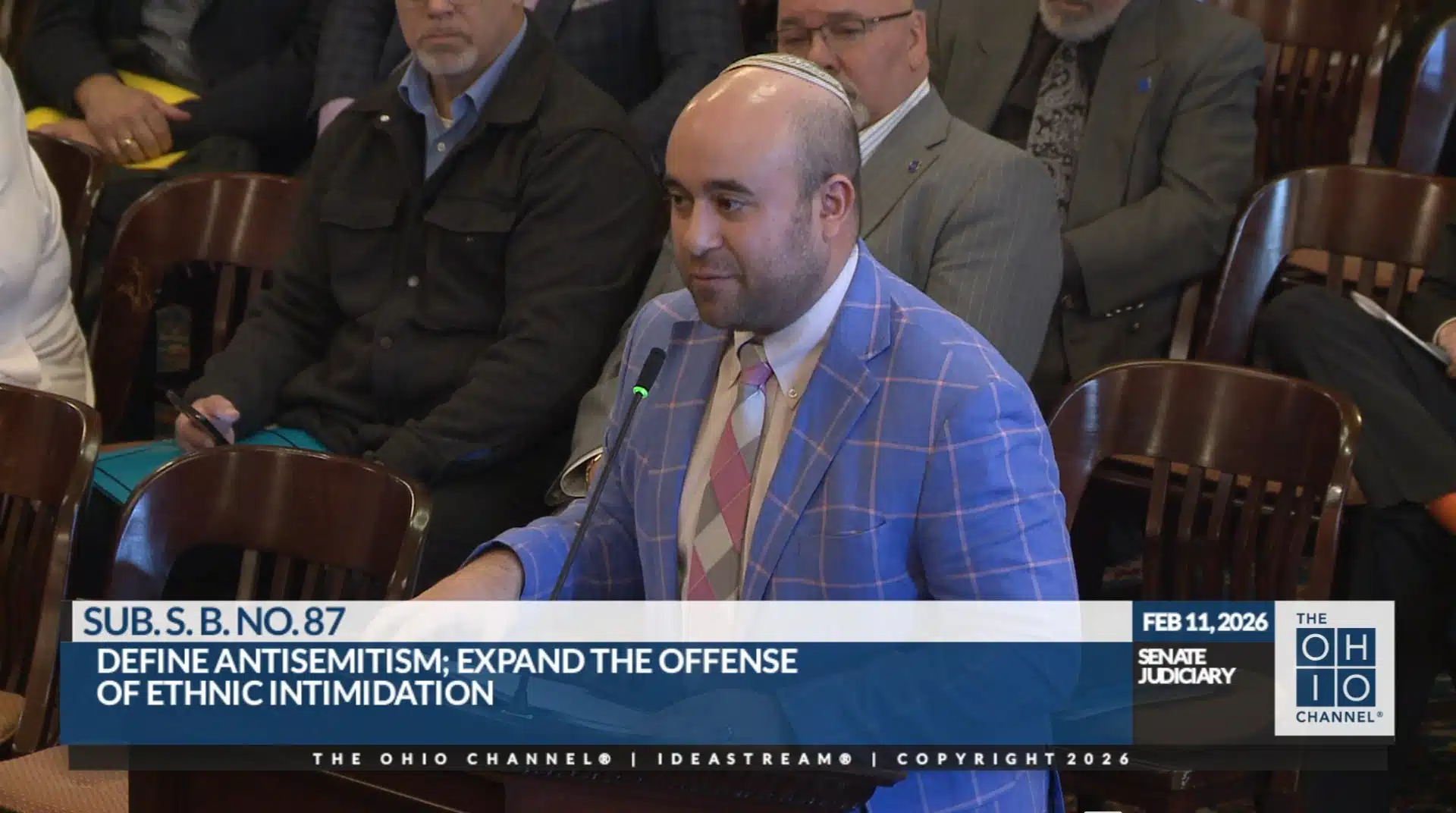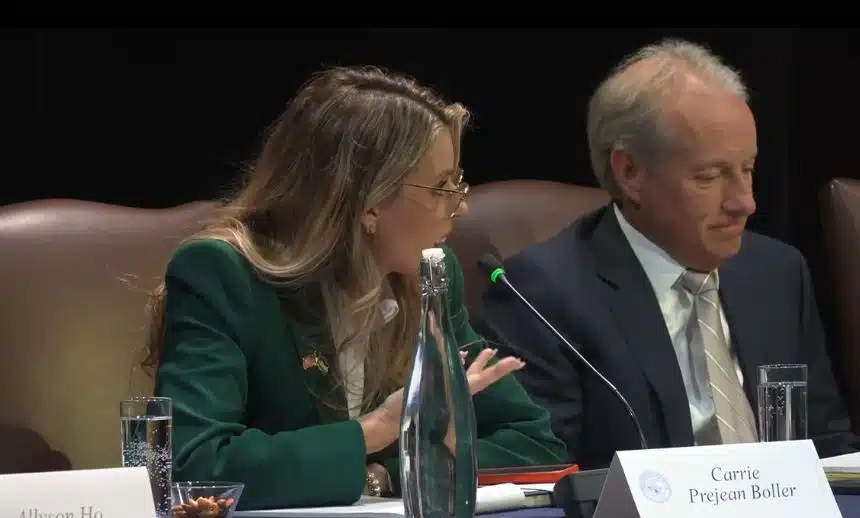|
Getting your Trinity Audio player ready...
|
In a landmark move, Costa Rica has officially adopted the International Holocaust Remembrance Alliance (IHRA) Working Definition of Antisemitism, becoming the sixth Latin American country to do so.
The Foreign Ministry of Costa Rica announced the move during the IHRA Plenary in Berlin, Germany, last Wednesday.
Costa Rica joined Argentina, Colombia, Guatemala, Panama, and Uruguay as Latin American IHRA adoptees, signaling a growing regional consensus on the urgent need to combat antisemitism in all its contemporary forms. The IHRA working definition, adopted by dozens of governments worldwide, offers a clear, non-legally binding framework for identifying antisemitic acts and rhetoric.
The Combat Antisemitism Movement (CAM) welcomed the adoption on X, calling it “a vital step forward in the fight against antisemitism in Latin America.”
Costa Rica’s adoption of @theIHRA definition is a vital step forward in the fight against antisemitism in Latin America.
Thank you President @RodrigoChavesR and FM Arnoldo André Tinoco for your commitment to human rights for all, including Jews!https://t.co/wpznvVNxoV
— Combat Antisemitism Movement (@CombatASemitism) July 25, 2025
In its official statement, Costa Rica’s Foreign Ministry described the IHRA definition as “an instrument for guiding institutional and international efforts in the fight against antisemitism and Holocaust distortion.” It also recognized the definition as a “fundamental reference tool to promote education, awareness, and the prevention of antisemitism.”
In stark contrast, Brazil reportedly withdrew from the IHRA alliance just one day later, on July 24, as it announced its support for South Africa’s genocide case against Israel at the International Court of Justice. The move drew sharp criticism from Israeli officials and Jewish organizations, who condemned it as a moral failure that undermines international efforts to confront antisemitism amid rising global threats.
Gilbert Meltzer, president of the Costa Rican Jewish community, welcomed Costa Rica’s decision, emphasizing that the post-October 7th urge of antisemitism worldwide demanded “ethical decisions and firm actions as this one.”










